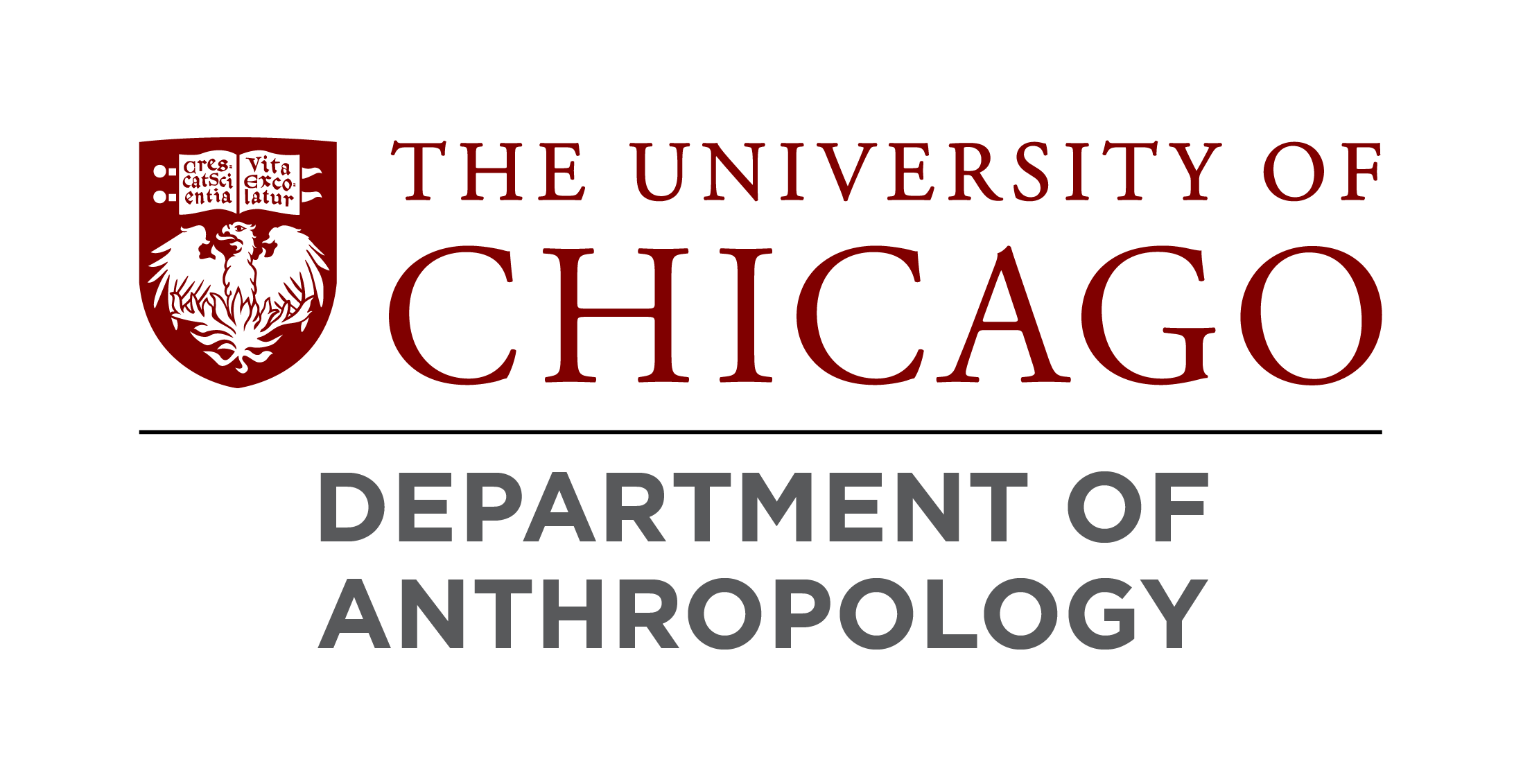Mentored Teaching
Teaching and learning about teaching are requirements for the Anthropology PhD degree, and are fulfilled through the completion of Mentored Teaching Experiences (MTEs). The Department recognizes the importance of a flexible policy that enables students to tailor pedagogical training to their professional needs.
Students Enrolling Autumn 2025 and Later
All students must meet the divisional teaching requirement as a condition for graduation.
Students Enrolling Autumn 2024 and Earlier
- All PhD students must gain a minimum of THREE discrete MTEs.
- Two of these must involve training in classroom teaching, which can yield substantive teaching evaluations from students and from the faculty mentor for the course. The third MTE can involve non-classroom pedagogical training (see below).
- Students are expected to fulfill two of their three required MTEs before reaching candidacy.
- Students who have completed three MTEs are eligible to teach their own course as an instructor of record or co-teach with a faculty instructor.
- Students who have completed their required MTEs can also choose to pursue additional pedagogical instruction through programs in the Center for Teaching Training, as desired or needed.
- Teaching experiences prior to matriculation in the PhD program do not count toward MTE requirements.
- Bureaucratically, students must communicate a planned MTE with the DGS at least 30 days before the quarter in which it is to begin – regardless of the type or sponsoring unit (College core, department, other unit, etc.). They should also note all completed MTEs in their end-of-year reports.
Classroom Teaching
Classroom teaching training is designed to give students the necessary hands-on pedagogical experience to prepare them for a career in academic teaching. Students should pursue their required MTE training through Internships in the College Core, as well as TAships in the Anthropology Department, the Social Sciences Division, or the Humanities Divisions.
Teaching assistants and interns typically work with an instructor to gain experience in leading discussions and designing lectures, as well as grading papers and exams. It is recommended that students consult with the instructor(s) of record and Core program policies for teaching roles and responsibilities associated with each specific course. MTEs in the College Core or particular programs are assigned via the faculty in charge of those programs. In Anthropology, MTEs are administered via the Director of Graduate Studies, who should be contacted re: teaching opportunities in the department.
Non-Classroom Pedagogical Training
Beyond two classroom teaching experiences, students may also choose to fulfill one of their teaching requirements through non-teaching options. These many include, among others:
- Teaching Prep Seminar: Enrolling in a pedagogical practicum offered by the Anthropology faculty.
- Center for Teaching Training: Take advantage of courses, workshops and other training offered by the Center on campus that is equivalent to the Teaching Prep Seminar (https://teaching.uchicago.edu).
- As well as pedagogical RAships oriented to undergraduate programming, BA thesis writers, or the management of course design/content. A job description for an ad hoc position of this type must be written in consultation with the mentoring faculty member and sent to the DGS.
Lectureships and Co-Teaching
Completion of the three required MTEs qualifies students to train as a lead instructor in a lectureship in Center programs or co-teach with Anthropology faculty. Students may also apply for a competitive prize lectureship in the Anthropology Department.
Petition Process to Adjust Teaching Options
- To ensure flexibility for tailoring teaching training to specific programs of research, students may petition to substitute certain components of the teaching requirement with the written approval of their primary advisor/committee chair.
- The DGS and the Graduate Affairs Committee will review each petition and issue a final decision for the request.
Monitoring Timely Progress
Students are expected to check in with their primary faculty adviser or PhD committee chair to plan out the timing for completion of all teaching training requirements. Additionally, the department will regularly review student progress toward pedagogical goals through the annual review process in spring quarter.
 THE UNIVERSITY OF CHICAGO
THE UNIVERSITY OF CHICAGO

